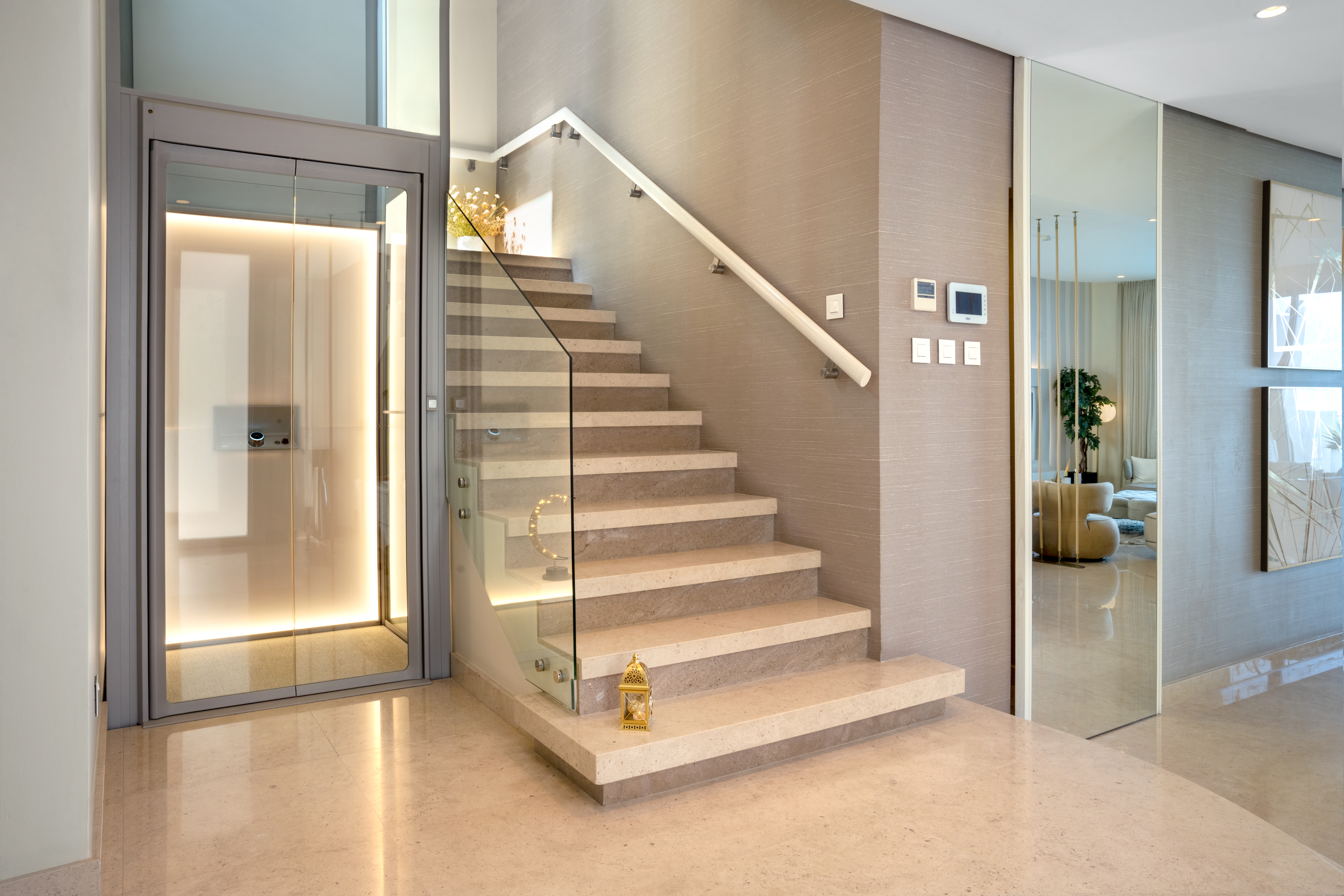

In recent years, the popularity of home elevators has surged, driven by a desire for convenience, accessibility, and luxury in residential properties. While these vertical transportation systems offer undeniable benefits, concerns about their safety linger in the minds of many homeowners. Are home elevators truly safe? Let's delve into this topic to gain a clearer understanding.
One of the primary safety features of home elevators is the presence of multiple fail-safe mechanisms. These include emergency brakes, overspeed governors, and backup power systems. In the event of a power outage or mechanical failure, these systems are designed to prevent the elevator from freefalling or malfunctioning, thereby safeguarding the occupants from harm.
Moreover, modern home elevators are equipped with advanced technology, such as sensors and computerized control systems, which continuously monitor various parameters, such as door operation, carriage position, and weight capacity. Any deviation from normal operating conditions prompts automatic corrective actions or alarms, alerting users and maintenance personnel to potential safety risks.
Furthermore, routine maintenance and inspections are essential components of ensuring the ongoing safety and reliability of home elevators. Manufacturers typically recommend regular servicing by certified technicians to detect and address any issues before they escalate into safety hazards. By adhering to a proactive maintenance schedule, homeowners can minimize the likelihood of unexpected breakdowns and malfunctions, thus enhancing the overall safety of their elevator.
It's also important for homeowners to exercise responsible behavior when using home elevators. This includes avoiding overloading the carriage beyond its specified weight limit, refraining from tampering with safety devices or controls, and educating household members, especially children, about proper elevator etiquette and safety procedures.
Despite these measures, it's essential to acknowledge that no system is entirely immune to risks. External factors such as natural disasters, extreme weather conditions, or unforeseen circumstances can pose challenges to the safe operation of home elevators. However, by investing in high-quality equipment, adhering to maintenance protocols, and promoting a safety-conscious culture within the household, homeowners can significantly mitigate these risks and enjoy the benefits of residential elevators with peace of mind.
In conclusion, while concerns about the safety of home elevators are valid, adherence to rigorous standards, incorporation of fail-safe mechanisms, utilization of advanced technology, and implementation of proactive maintenance practices collectively contribute to ensuring the reliability of these vertical transportation systems. By embracing these principles and fostering a culture of safety, homeowners can confidently integrate home elevators into their residences, enhancing accessibility and convenience without compromising on safety.
If you're considering installing a home elevator or seeking further information about their safety features and benefits, we invite you to visit our website at www.skelevator.co.id or contact us via WhatsApp at 081211312224. Our team of experts is dedicated to providing comprehensive guidance and assistance to meet your vertical transportation needs.